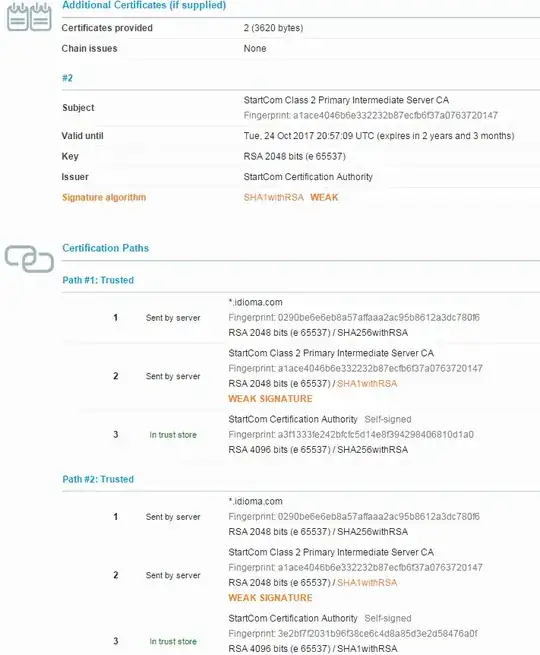There does not appear to be a delegation for downvids.net in DNS, ie the net TLD nameservers claim that there is no such domain (NXDOMAIN status).
$ dig @a.gtld-servers.net downvids.net NS +norec
; <<>> DiG 9.10.4-P6-RedHat-9.10.4-4.P6.fc25 <<>> @a.gtld-servers.net downvids.net NS +norec
; (2 servers found)
;; global options: +cmd
;; Got answer:
;; ->>HEADER<<- opcode: QUERY, status: NXDOMAIN, id: 41296
;; flags: qr aa; QUERY: 1, ANSWER: 0, AUTHORITY: 1, ADDITIONAL: 1
;; OPT PSEUDOSECTION:
; EDNS: version: 0, flags:; udp: 4096
;; QUESTION SECTION:
;downvids.net. IN NS
;; AUTHORITY SECTION:
net. 900 IN SOA a.gtld-servers.net. nstld.verisign-grs.com. 1487705761 1800 900 604800 86400
;; Query time: 0 msec
;; SERVER: 2001:503:a83e::2:30#53(2001:503:a83e::2:30)
;; WHEN: Tue Feb 21 19:36:32 UTC 2017
;; MSG SIZE rcvd: 114
$
Looking up your domain in whois, one can see:
Domain Status: clientHold
The clientHold EPP status code in itself is quite cryptic but looking up the explanation one finds:
This status code tells your domain's registry to not activate your
domain in the DNS and as a consequence, it will not resolve. It is an
uncommon status that is usually enacted during legal disputes,
non-payment, or when your domain is subject to deletion
Ie, there is some form of problem with your domain registration rather than with DNS itself.
As for the strange response from the Verizon/Level3 server, try navigating to that address (eg http://104.239.213.7/) and everything about the behavior in combination with how you got that address for no good reason from their resolver servers suggests that it's a search page built with NXDOMAIN hijacking.
As a further sidenote, the way that Wordwide DNS checker have named their service and present the results are quite misleading compared to how the technology actually works.
Geography is not a factor, all the "worldwide" and flags and stuff is irrelevant.
It's actually all about what specific caching servers happen to have in their cache, so unless you know that you or your clients happen to be using the exact same server that they used in their test (they don't say which one they actually used, just a city/country and the name of the ISP in very fine print) it's really just a handful of examples that don't mean a whole lot and definitely don't mean much about the current results in said countries beyond one unspecified caching server of that specific ISP.
